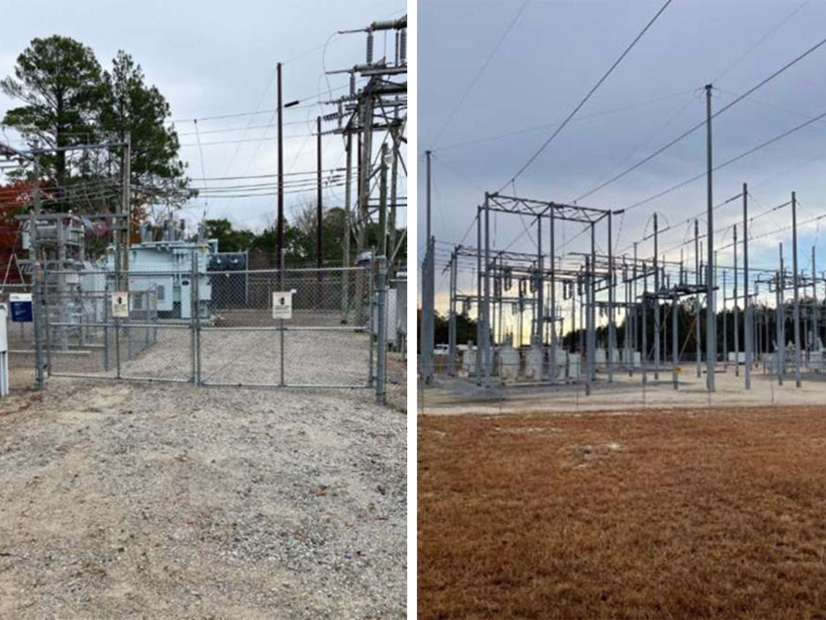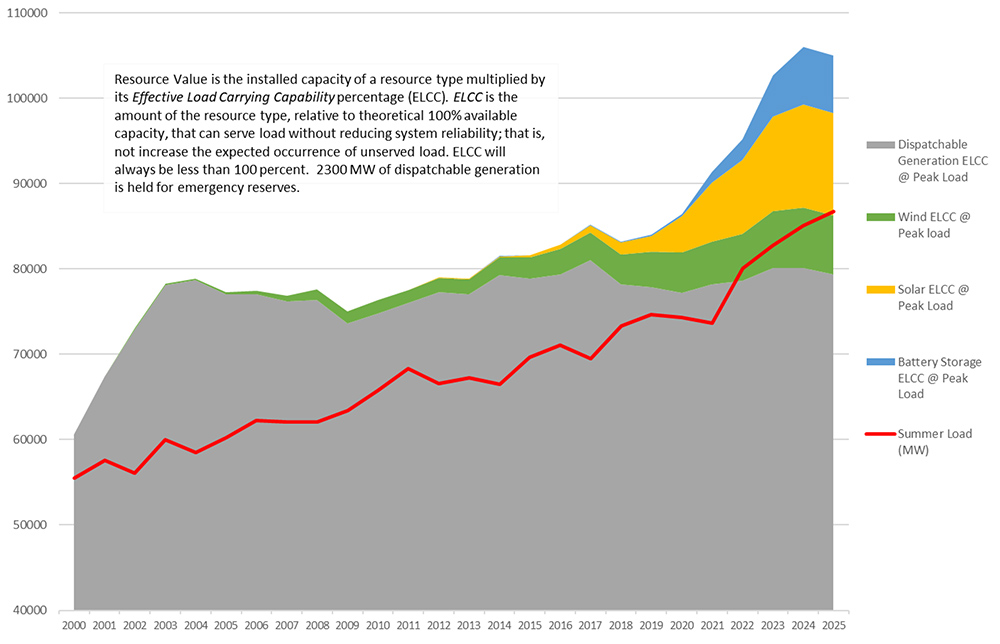Supply chain issues, the trend toward electrification and cyber and physical security all weigh on the minds of the nation’s electric cooperatives, CEOs of several co-ops said in a media call Tuesday.
The CEOs were gathered in Nashville, Tennessee, for the annual meeting of the National Rural Electric Cooperative Association (NRECA), whose members say they supply energy to 42 million consumer-members across 48 states. NRECA CEO Jim Matheson said that the co-ops’ member ownership model gives them “a particularly consumer-centric view on how we do our jobs” and a unique incentive to ensure reliable service.
Attendees acknowledged that many reliability challenges are common across all types of utilities, but said the issues are often more acute for co-ops, which can have limited resources compared to larger investor-owned utilities. The growing wait time to obtain spare parts is one such area. Pointing to the spread of electric vehicles and the increased use of electricity for heating and cooking, Electric Cooperatives of Arkansas CEO Buddy Hasten warned that shortages could cripple operations just as the grid is needed most.
“We’ve always been responsible — all utilities, not just co-ops — about keeping spare inventory. But we’re chewing through that spare inventory, and we can’t restock it fast enough,” Hasten said. “I think there [are] starting to be some real chinks in the reliability wall, where [if] the right storm, the right set of conditions comes in, all of a sudden, you may go to the cupboard, and it’s bare.”
Matheson added that the rising consumer demand, paired with the ongoing replacement of conventional generation sources with renewable energy, has also made it essential to install new electric infrastructure as quickly as possible to deliver the intermittent power rapidly to where it is needed. Yet that the permitting process for new construction still does not move as quickly as utilities need, he said.
“I think the electrification push in this country, and retirement of existing assets, shines a much brighter light on the challenges of the permitting delays we face as a sector,” Matheson said. “For decades, people thought that we need streamlined permitting, we need permitting that works better. This time we really do. We need a predictable process — not that we want to skirt any rules, but something that’s predictable and that’s reasonable.”
The conversation also touched on preparations for cyber and physical security in light of recent high-profile incidents involving electric infrastructure, such as the Moore County, North Carolina, substation attacks in December that left 45,000 customers without power for days. (See Duke Completes Power Restoration After NC Substation Attack.) Matheson acknowledged that hardening infrastructure can be daunting because “there’s not a one size fits all.”
 The Duke Energy substations in Carthage (left) and West End, N.C., that unidentified attackers shot on Dec. 3, 2022, leading to the loss of power for around 45,000 customers in Moore County. | FBI
The Duke Energy substations in Carthage (left) and West End, N.C., that unidentified attackers shot on Dec. 3, 2022, leading to the loss of power for around 45,000 customers in Moore County. | FBI
“Every location is different, and for physical security, a substation in location A, compared to B, compared to C, there may be different mitigation efforts you could deploy to create greater physical security at that particular location,” Matheson said. “So, the advice that we’ve heard — and this is the investor-owned [utilities], the [municipals], the co-ops … is you really have to do a thoughtful, asset-by-asset inventory of your system, and determine in each case what the relative risk is and what the potential opportunities are to mitigate risk at that physical location.”
Chris Jones, CEO of Middle Tennessee Electric, said that while his organization has made substantial investments in cybersecurity, there’s no way to know if it was enough. He said that one of the benefits of trade organizations like NRECA is the opportunity to collaborate and share approaches to common problems.
“There’s no end to the amount of money you could spend, [so] we’ve got to weigh this out — what’s the risk, versus how much can we reasonably invest to mitigate those risks?” Jones said. “I think one of the great benefits of the electric cooperative network is our ability to share information and ideas with each other. … These are very difficult and challenging questions, but I take comfort in the fact that I have peers across the country that I can share notes with, and we’re going to do our best to figure it out.”
